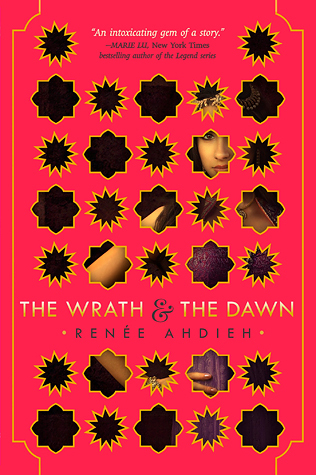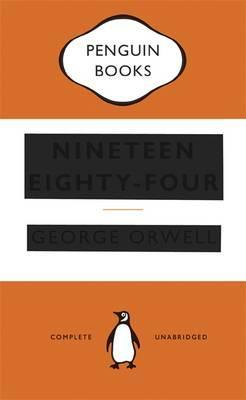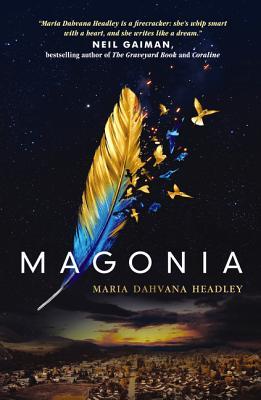What is the BookTubeAThon?
The BookTubeAThon is a yearly read-a-thon founded by BookTuber Ariel Bissett. This year the BookTubeAThon will take place on the 3rd - 9th of August and will be the third BookTubeAThon, with even more exciting challenges and contests and content planned.Each day a new video challenge is posted on the BookTubeAThon's YouTube channel by a different host involving a bookish competition for everyone at home. There are also general challenges to help pick out your TBR before the week, and a discount on 100 books at TheBookDepository for anyone taking part.It's a really great way to get involved with the BookTube community and get a lot of reading done. For more information, head over to the BookTubeAThon channel or Twitter page.
My BookTubeAThon TBR
I don't think you can really make realistic read-a-thon TBRs, but here are some of the books I've chosen to aim for as part of the BookTubeAThon's challenges. I've edged towards shorter and quicker reads since the schedule is a book a day, but I'm happy to diverge from my plans if I feel like it.
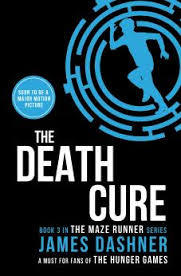


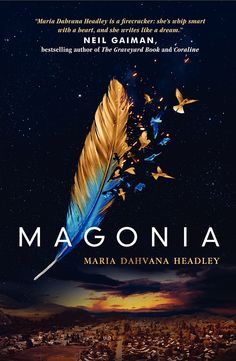



The Death Cure, James Dashner [327 pages] (Read a book with blue on the cover)
The Floating Book, Michelle Lovric [496 pages] (Read a book by an author who shares the same first letter of your last name)
Chasing Odysseus, Sulari Gentill [353 pages] (Read the last book you acquired)
Magonia, Maria Dahvana Headley [320 pages] (Read seven books)
The Looking Glass Wars, Frank Beddor [364 pages] (Read a book you really want to read)
The Road, Cormac McCarthy [207 pages] (Read someone else's favourite book)
Persepolis, Marjane Satrapi [343 pages] (Finish a book without letting go of it)
Total pages: 2410 [never going to happen]
So one thing we can gather from the BookTubeAThon is that it makes people very over-ambitious; I doubt I will finish more than two or three or these books in the week, but it'll be fun trying. I'll be making a concluding blog post at the end of the week mapping out how much I read each day and if I took part in any of the daily challenges posted on the channel.If you want to get involved in the BookTubeAThon, go to their YouTube channel and Twitter for all the information you need for the week, and happy reading!
Image Sources:
The Death Cure - https://www.goodreads.com/book/show/22311017-the-death-cure
The Floating Book - https://www.goodreads.com/book/show/1907692.The_Floating_Book
Chasing Odysseus - https://www.goodreads.com/book/show/10330834-chasing-odysseus
Magonia - https://www.goodreads.com/book/show/21393526-magonia?from_search=true&search_version=service_impr
The Looking Glass Wars - https://www.goodreads.com/book/show/499118.The_Looking_Glass_Wars
The Road - https://www.goodreads.com/book/show/4770168-the-road
Persepolis - https://www.goodreads.com/book/show/3106983-persepolis


